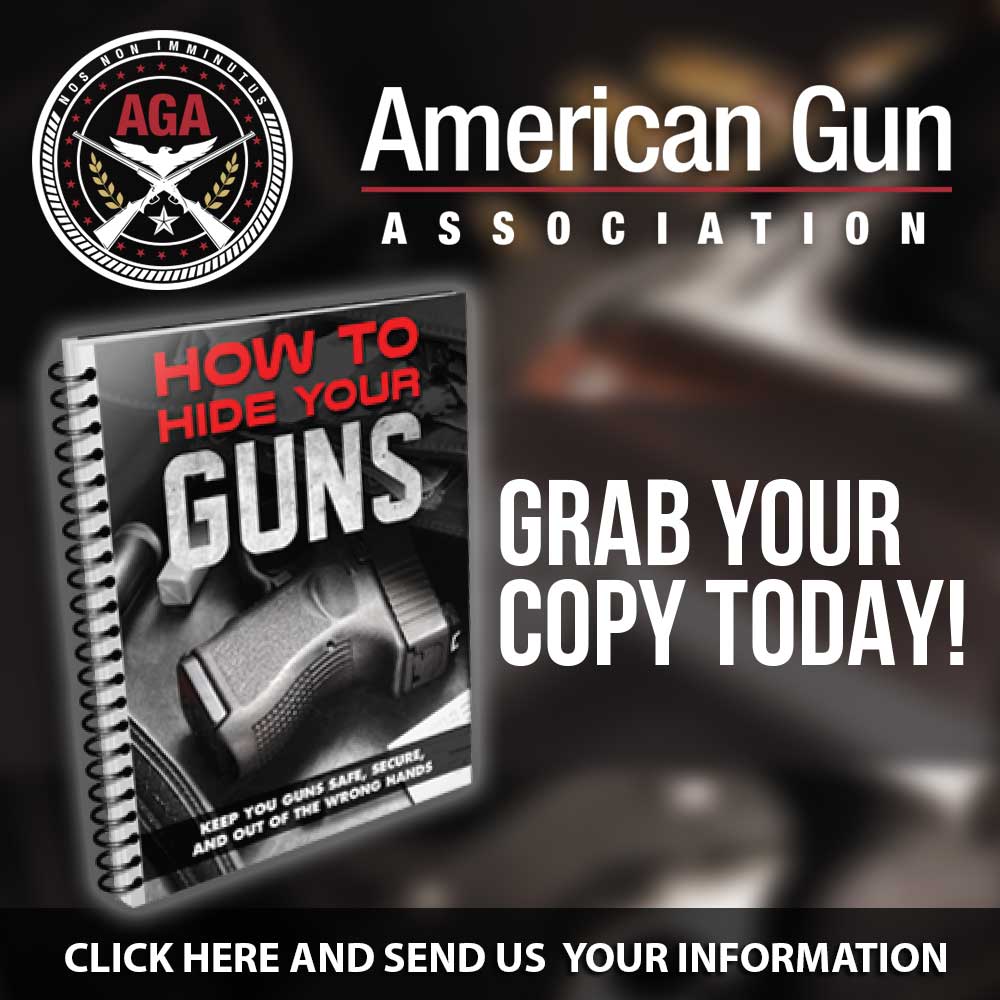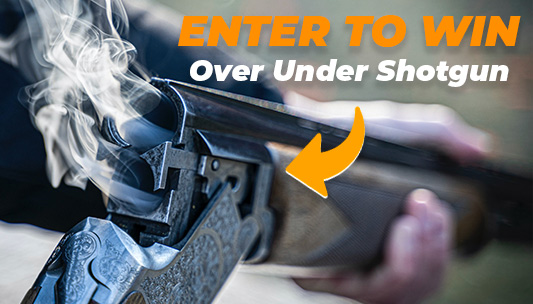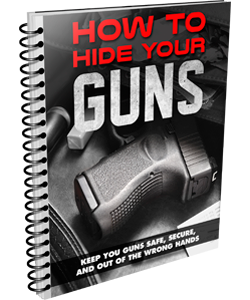Heading to the range soon? Make sure to pack everything in your first aid bag. Continue reading below to know the essentials.
RELATED: Outdoor vs Indoor Shooting Range – Which Should You Choose and Why
What to Pack in a First Aid Bag
Click here to jump to the infographic.
Preparing For Safety In A Shooting Range
A trip to the gun range is supposed to be a great time to relax or practice your shot.
But recreation can quickly turn into a mild medical emergency if someone accidentally gets hurt.
Having a collection of first aid items in your range equipment bag is a smart idea – this way, you’ll be able to treat any minor wounds without having to cut your time short with a trip to the ER.
Let’s take a look at the first aid essentials you should keep in your range bag.
1. Instant Cold Pack

An instant cold pack is a perfect thing to keep in a first-aid range bag.
They’re great for outdoor ranges since you don’t need to keep them cold (like in an insulated lunch box) for them to work.
They instead become cold almost instantaneously when you crack or squeeze the pack center.
These packs are great for reducing swelling or bruising if someone falls or drops something heavy on their toe (like a full magazine – ouch!).
2. Adhesive Bandages

Bandages are as essential in a first-aid kit for the range as they are anywhere else.
Adhesive bandages can be used to treat cuts or puncture wounds and prevent infection: a serious thing to think about if you practice at an outdoor gun range.
Adhesive bandages are usually the way to go since they’re more difficult for the victim to accidentally rub off and will last until a trip to the ER if necessary.
3. Pressure Dressing

A pressure dressing is essentially a special type of gauze that you place atop a puncture or cut and strap down, either with medical tape or with regular pressure from your hands.
In brief, gauze helps your body immediately begin working on new wounds by providing frameworks for white blood cells to close off capillaries and slow down the bleeding.
Pressure dressing gauze is soaked with a special absorbent dressing that can prevent blood from spreading.
It also often has straps already built-in, so it's easy to tie around a wounded arm or leg.
RELATED: How to Treat a Gunshot Wound | Types of Gunshot Wounds (NSFW)
4. Alcohol Prep Pads/Dressing

Be sure your range first-aid bag has plenty of alcohol prep pads and dressing.
Alcohol is the number one disinfectant and dressing solution for a reason: it totally kills germs and prepares a wound to be sealed to stop an infection.
It's not comfortable, sure, but neither is getting injured in the first place.
Rest assured you or your hurt friend will prefer the alcohol over the infection that might follow if you don’t use it!
Alcohol disinfectant can be purchased either as pre-soaked dressing pads or as small bottles of alcohol disinfectant solution that you can combine with dry pads.
The latter is arguably a little more versatile. However, the pre-soaked pads are easier to apply and can be easily disposed of after they’ve been used.
5. Insect Sting/Bite Cream

Yeah, we hear you – does insect cream really matter when you’re on the gun range? It doesn’t if you’re practicing at an indoor gun range.
But if you like spending time outdoors while perfecting your shot, having some bug bite cream can be a lifesaver, particularly during the summer months when mosquitoes and the like are always buzzing around.
This cream can relieve mild irritation and inflammation and let you enjoy the rest of your time at the range instead of scratching at a bite for hours on end.
Here’s an infographic guide. Don’t forget to download, save, or share this handy infographic for reference:

Watch this video by City Prepping to know how to pack a gunshot wound kit:
The great news is that most premade first aid kits have all of the above items included by default.
If by chance, the kit you’ve already purchased doesn’t have one of these items, they’re usually pretty easy to get from either gun ranges themselves or as separate pieces from pharmacies or general stores.
Up Next:
- You’ve Been Applying Band-Aids Wrong And Other First Aid Tips You Should Never Ignore
- How To Build A First Aid Kit
- First-Timer? 5 Shooting Range Safety Tips
Follow us on Facebook, Instagram, Twitter, and Pinterest!
Disclaimer: All content on this site is for informational purposes only. Please read our full disclaimer here.





Very interesting page. Made me realize what I should have with me.